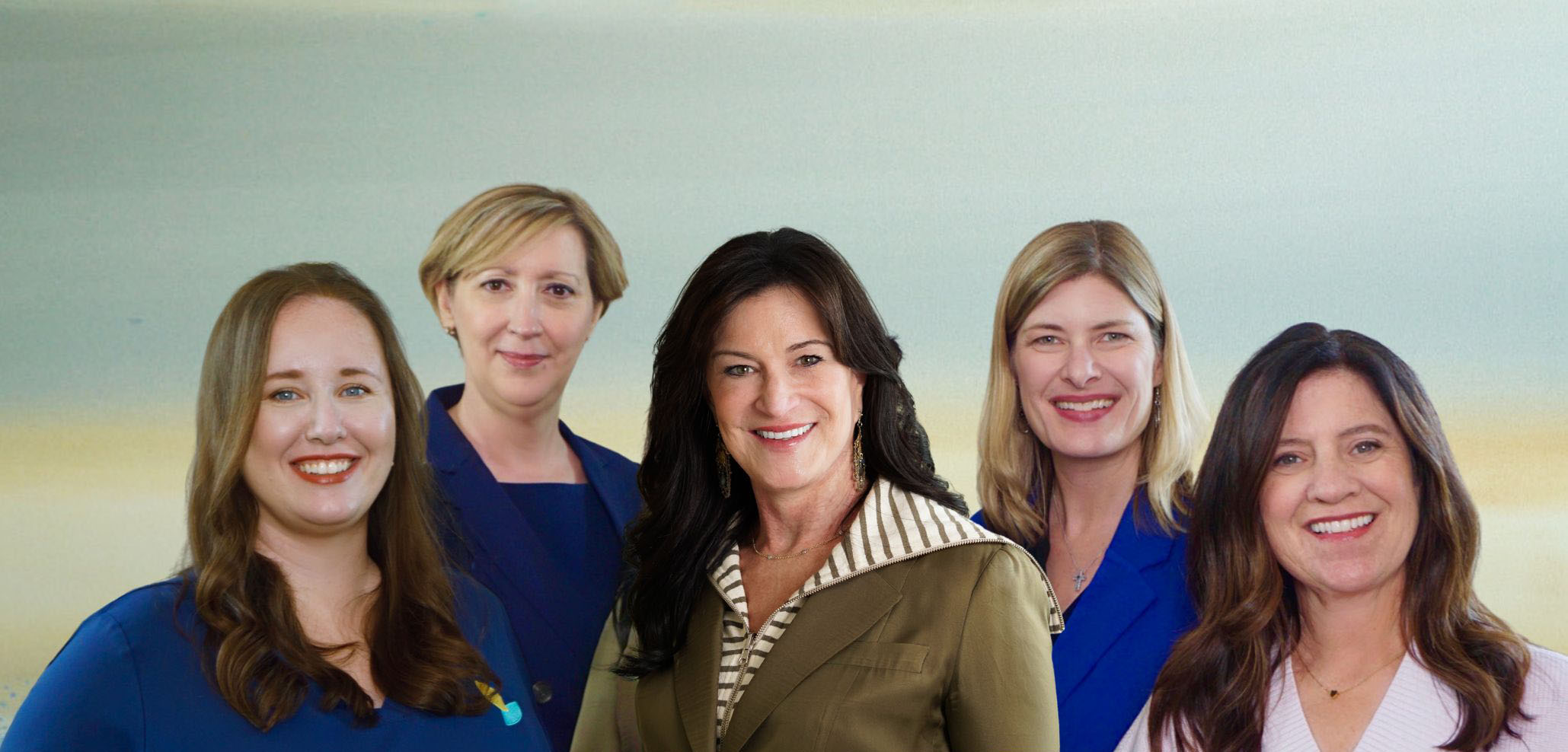TMS Coordinator’s Insights
Being a TMS tech, you learn a lot about small talk.
Each patient is in the room for three to thirty plus minutes, so there’s often plenty of time to fill. Some people enjoy listening to music, others relaxing in silence, but much of the time is spent chatting with the tech.
But that’s not always how it starts.
So many people come in quiet, withdrawn, flat. It’s understandable; TMS is frequently used as a treatment method for those with treatment resistant depression. That is, someone that’s been depressed for a long time, tried many different things, and nothing has worked. When people come to us, they are tired and frustrated. Initial talks the first week include learning about the treatment- what to expect, staying consistent in attendance, potential side effects (headaches can occur, nothing to worry about!). Patients will talk about their hope to see change, and ask questions about how the heck this magnet thing actually works? It’s sometimes hard to see the patient’s personality early on, as they are dealing with such a heavy emotional load. We might get some hints though! Maybe they mention their favorite show, a recipe they tried, past hobbies that they would like to have enough motivation to start again. As a tech, this is an important time; we are making sure the person is comfortable with the treatment they are receiving, and with the people (us!) they will be working with day to day. Chats may be short, but they are important at this stage.
One thing that amazes me as a tech is how that conversation progresses during the weeks we spend working with each patient. We talk about everything- careers, annoying neighbors, vacations, we learn about what the patient hopes to see once they finish their treatment course. I have had the pleasure of working with so many different people- doctors, teachers, lawyers, singers. Hearing each story and learning about their lives is so fascinating and special. As treatment moves along, techs pay attention and are looking for those little changes that mean progress. For example, that patient that was so quiet the first day is finally starting to smile and hold conversations with us! This patient went out with friends for the first time in months! It’s hard for people to notice the improvements sometimes, even if they are trying to pay attention, so it’s gratifying to point them out. What means the most, though, is when the patient starts to really see their improvements. You can see that spark come back, they come in with their head held higher. We see their personality. It’s the best.
As we get close to the end of the treatment course, new topics start coming up. What happens after treatment? Do I need to come back? What am I going to do with my morning now that I’m not coming here every day? Tech and patient begin that transition to the end of treatment. It’s understandable that people are nervous, and we do our best to help put those concerns to rest. As much as we look forward to that time together each day, one of the biggest privileges of this work is being able to see someone complete their TMS course and move forward to a brighter future. We’re going to miss our little talks, but how amazing is it that all of those talks during treatment added up to something so great?
Last day is here before we both know it! Tech and patient get ready for the final session. It’s usually bittersweet; we’re so glad to see people doing better, but our set chats each day are done. Final session ends, we say our goodbyes, the tech makes plans with the doctor on how we will check in to see how the patient is doing post treatment. Once that patient leaves, it’s time to start the adventure with a new patient!
One thing that never leaves are those conversations though.
I have learned so much both about and from my patients over the years. I found a favorite television show from one patient, another one taught me about investing in stocks. I’ve heard so many stories about working in different medical fields. There are paintings out in the world that came from brainstorming sessions between a patient and I when they finally had the motivation to paint again. Some of the jokes told to us by patients are still passed around the office. Little pieces from each person that sit in the chair.
Being a TMS tech, you learn a lot about small talk. But, more importantly, you learn.



